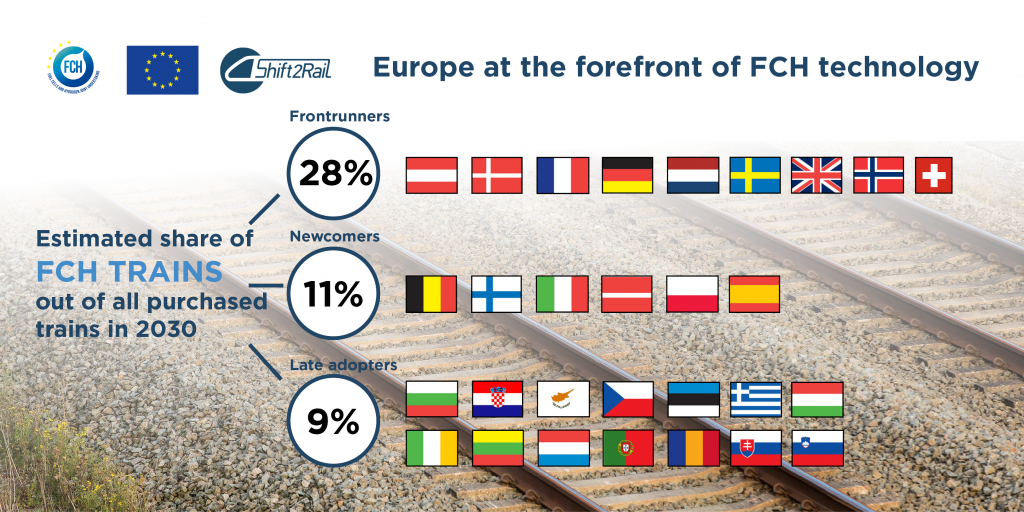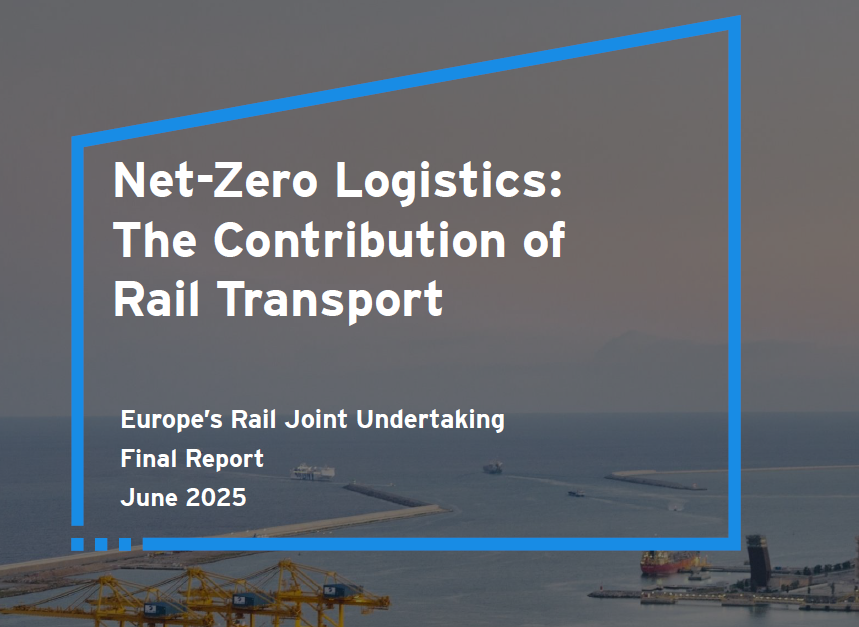Europe must take decisive steps to simplify and modernise its rail systems to strengthen competitiveness,...
A new study by Roland Berger on FCH train technology, commissioned by Shift2Rail and Fuel Cells and Hydrogen Joint Undertakings, is just out. The study analyses the state of the art, the business case, the market potential, specific case studies and technical and non-technical barriers to the use of FCH technology in different rail applications.

The analysis finds that the global FCH train market development activities are currently concentrated in Europe. This puts the region at the forefront of FCH train technology, which constitutes a significant potential for the European FCH industry.
The study also emphasises the environmental benefits of FCH technology. FCH trains are well positioned to help Europe reach its greenhouse gas, air contaminant and noise-reduction goals as a versatile zero-emission technology in rail transportation.
With the competitiveness of FCH technology, FCH Multiple Units can potentially replace 30% of diesel volumes as the most market-ready application by 2030. Some of the cases evaluated already show a positive Total Cost of Ownership (TCO) for fuel cells while in others this technology is recognised as the most adequate zero-emission alternative:
- Multiple units are seen as the application closest to the market but projects involving few trains or low daily millage will have problems to reach appropriate TCO due to the infrastructure costs;
- Shunter locomotives need further technological development but there are circumstances where they could be already competitive with diesel;
- Freight locomotives have a more difficult economic justification although if catenary electrification is not an option, fuel cells would be the only zero-emission option.
While some barriers to FCH technology have been identified, no show-stoppers were found. To ease the most relevant barriers, three actions were suggested: large-scale demonstration of multiple unit train fleets; development, engineering and prototype operation of shunters or mainline locomotives; and technology development for optimised hydrogen storage system for FCH rail applications.
To present these results S2R JU and FCH JU are organising a workshop on Friday 17 May 2019 in Brussels. The workshop will gather the most relevant technology providers, members of the rail sector community and policy makers for a discussion on the next steps on the use of FCH trains.
















